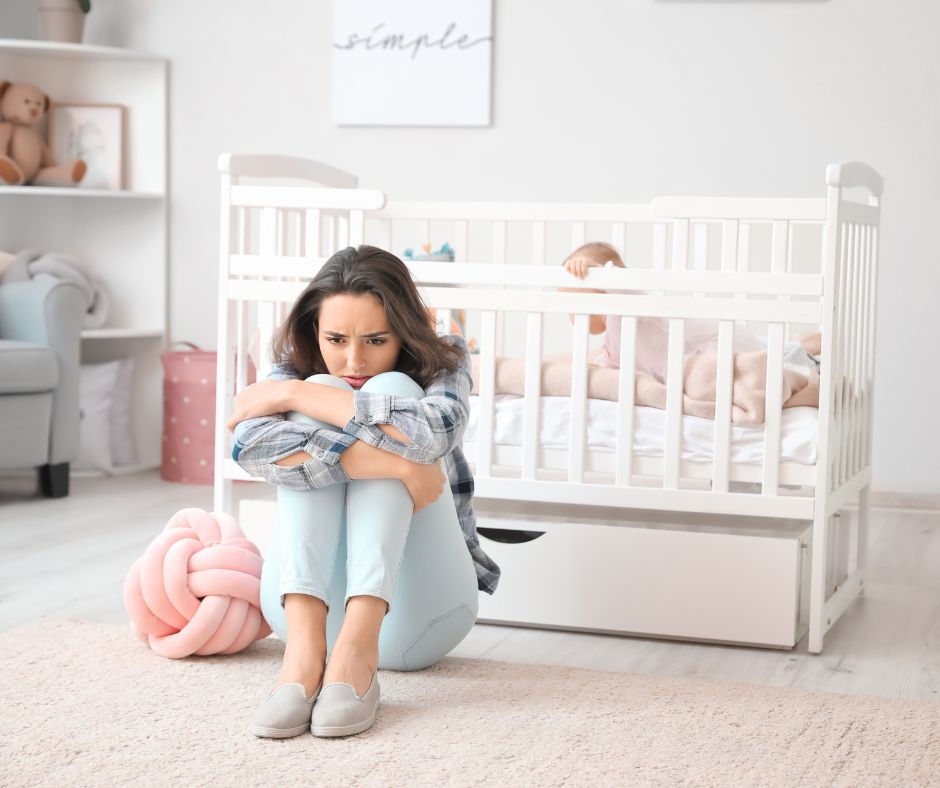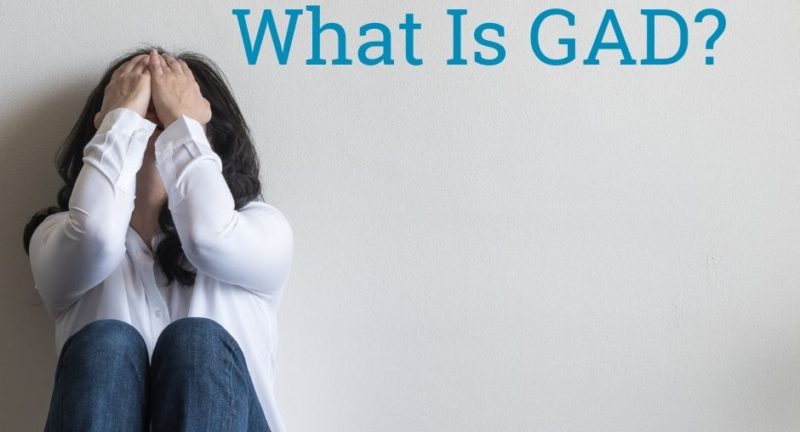
8 Early Warning Signs of Postpartum Depression
Just like there are many different types of anxiety, there are also different types of depression. Postpartum depression is a type of depression that affects new mothers, and it can start anywhere from a few days to a year after the birth of a baby.
May 2 – 8 is Maternal Mental Health Awareness Week, so now is the perfect time to raise awareness of postpartum depression.
What Is Postpartum Depression?
Due to the immense shift in hormones (and the dramatic change in sleep schedules), baby blues are common for most new mothers. Approximately 80% of new moms have baby blues. Baby blues are characterized by crying, feelings of overwhelm, and sadness. However, baby blues typically dissipate a few days (or up to two weeks) after childbirth.
Postpartum depression is more severe than baby blues and doesn’t ease up as time progresses.
Watch the video below to learn more about the differences between baby blues and postpartum depression.
8 Signs of Postpartum Depression
Other signs of postpartum depression include:
- Your baby blues aren’t going away
- Feeling disconnected from your baby (or partner)
- Intrusive thoughts, such as checking repeatedly on your baby
- Intense crying
- Overwhelming feelings of anxiety
- Sadness
- Changes in eating or sleeping habits
- Thoughts of self-harm
If you notice any of these symptoms, don’t hesitate to reach out for help. Asking for help doesn’t mean that you’re not a good mother. Asking for help is one of the best things you can do for yourself and for your baby. Postpartum depression, and other maternal health disorders, aren’t a reflection of your mothering abilities.
Getting Help with Baby Blues and Postpartum Depression

Taking care of yourself is essential when you’ve just had a baby. Your body needs rest, hydration, and good nutrition. Although the first few weeks can be an adjustment, you can find help in many ways including asking a partner to watch the baby while you practice self-care, shower, eat, and rest. You can consider hiring a cleaning service for a few weeks to assist with household chores while you recover.
That being said, friends and family can help mitigate some of the feelings of overwhelm if you have baby blues, but if you have postpartum depression, you may also benefit from therapy and/or antidepressants. Here at NextStep2MentalHealth, our team is experienced at treating co-occurring disorders, and if you’re also struggling with postpartum anxiety, we can help.
Additional resources:
- BLOG: Overcoming the Negative Self-Talk Cycles of Depression
- BLOG: 11 Ways to Help a Loved One with Depression
- BLOG: 32 Ways to Help a Loved One with Depression (When They Don’t Want to Talk about It)
- Maternal Mental Health Leadership Alliance
- Postpartum Support International
National Suicide Prevention Hotline at 1-800-273-TALK (8255).
If you are looking for a trusted and experienced mental health doctor or therapist, contact us today to get started exploring your multidisciplinary postpartum depression and postpartum anxiety treatment options.
Related Posts
What Is Generalized Anxiety Disorder (GAD)?
Generalized anxiety disorder or GAD is a condition wherein a person displays an...
How to Tell If You’re Making Progress in Therapy
Reaching out for help to manage a mental health condition ー whether it’s an...


